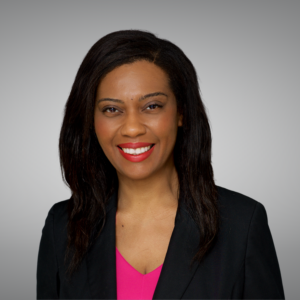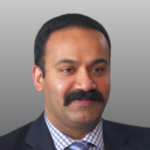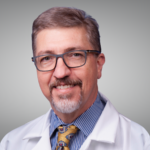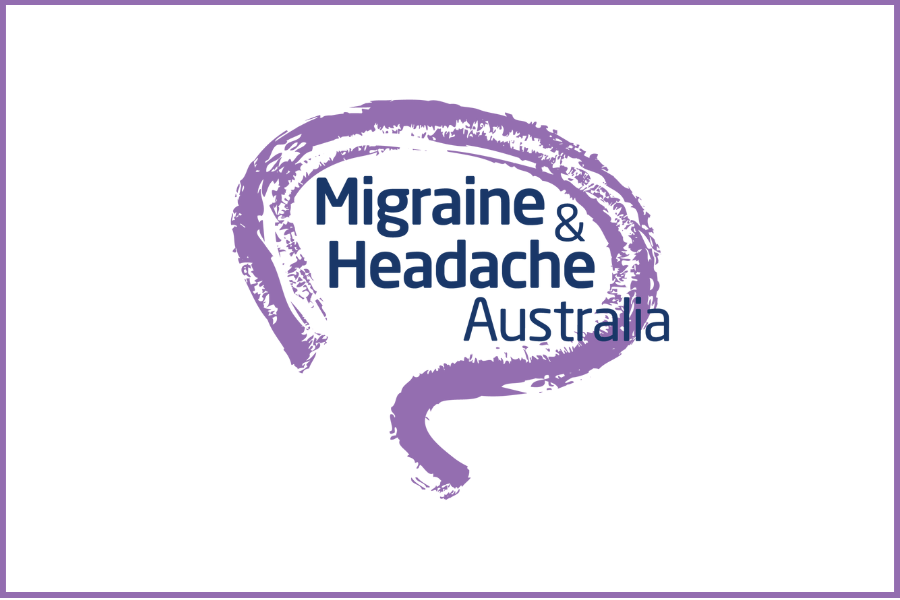Improving Continuous Headache Disorders
You are currently watching a preview of this interview. Unlock the full version by upgrading to an Access Pass bundle! Get FREE access to 8 expert interviews from Day 1 and Day 2 when you register today!
Key Questions
- What is intractable migraine or status migrainosus?
- What is refractory migraine?
- What is resistant or difficult-to-treat migraine?
- After having a continuous migraine for over six months, is there still hope of becoming pain-free?
- What are interictal symptoms?
- How can patients confirm their headaches were correctly diagnosed? When is it time to see a headache specialist?
- What is cluster headache or chronic cluster headache?
- What is hemicrania continua?
- What is new daily persistent headache (NDPH)?
- What is CSF leak (cerebrospinal fluid leak), and how is it diagnosed?
- What is a postural headache?
- What is high-pressure headache (idiopathic intracranial hypertension, or IIH), and how is it diagnosed?
- What are some treatments for high- or low-pressure headaches?
- What steps can a patient take to ensure proper treatment and diagnosis of a continuous headache?
- Should a patient with continuous headache be concerned about medication overuse headache (MOH)?
- How can overuse of acute medications change the efficacy of preventive treatments?
- How does medication withdrawal cause morning headaches?
- Can medication use for conditions unrelated to migraine (such as arthritis) contribute to MOH or chronic migraine?
- Can continuous headache arise from an autoimmune condition?
Interview Notes
- American Migraine Foundation
- Brain & Life magazine
- American Academy of Neurology
- United Council for Neurologic Subspecialties Directory
- Twitter: @headacheMD
Treatments Mentioned
- Acetaminophen (Tylenol)
- Diuretics
- Epidural blood patch
- Ibuprofen
- NSAIDs
- Opioids
- Shunts
- Topiramate (Topamax)
- Triptans
Please note: The Migraine World Summit’s aim is to bring you a variety of perspectives and expertise, independent of bias or judgment. Alternative theories presented in this video have not been medically reviewed. Views expressed in this interview do not necessarily represent the views of the Migraine World Summit. Please always consult your health care professional and do your own research before making changes to your treatment plan.

Teshamae Monteith, MD, FAHS, FAAN
Professor of Clinical Neurology
University of Miami, Miller School of Medicine
Dr. Teshamae Monteith is a professor of clinical neurology at the University of Miami, Miller School of Medicine. She is the chief of the headache division and the program director for the United Council of Neurologic Subspecialties (UCNS) Headache Medicine fellowship program.
Dr. Monteith serves on the board of directors and as co-chair of the editorial board for the American Migraine Foundation. She is also on the editorial boards for the American Academy of Neurology’s (AAN) Brain & Life magazine, as well as the journals Neurology and Cephalalgia. Dr. Monteith is a former board of trustees member for the International Headache Society and currently serves as the membership co-chair. She is a host for several podcasts, including Continuum Audio, Neurology Minute, and Neurology Podcast.

Unlock the full 2026 Summit experience:
- Complete, unedited expert interviews
- Additional clinical detail beyond the 30-minute live sessions
- Revisit any 2026 session anytime
- Transcripts and audio downloads included
Related Talks for: Day 4 (2023)
Alcohol and Migraine
Paul G. Mathew, MD, DNBPAS, FAAN, FAHS
Foods to Help Migraine & Dizziness
Alicia Wolf
Sinus Headache Misdiagnosis & Treatment
Mark E. Mehle, MD, FACS
Migraine & Headache Australia is the only organization in Australia that has supported the more than 5 million Australians affected by headache and migraine for 20 years. Migraine & Headache Australia is a division of the Brain Foundation.
Vitamins and Supplements are essential nutrients that your body needs to function properly. They can help to heal wounds, boost your immune system, repair cellular damage, and aid in bone health. Most vitamins can be found in different kinds of food that you eat. If you do not think your are getting the proper vitamin intake with the kinds of foods you are eating, then you may want to consider taking a vitamin.

Use Learning Tracks to help plan your viewing around certain themes of information. To view Learning Tracks scroll to the footer at the bottom of the page and select 'Learning Tracks' from the bottom menu.







